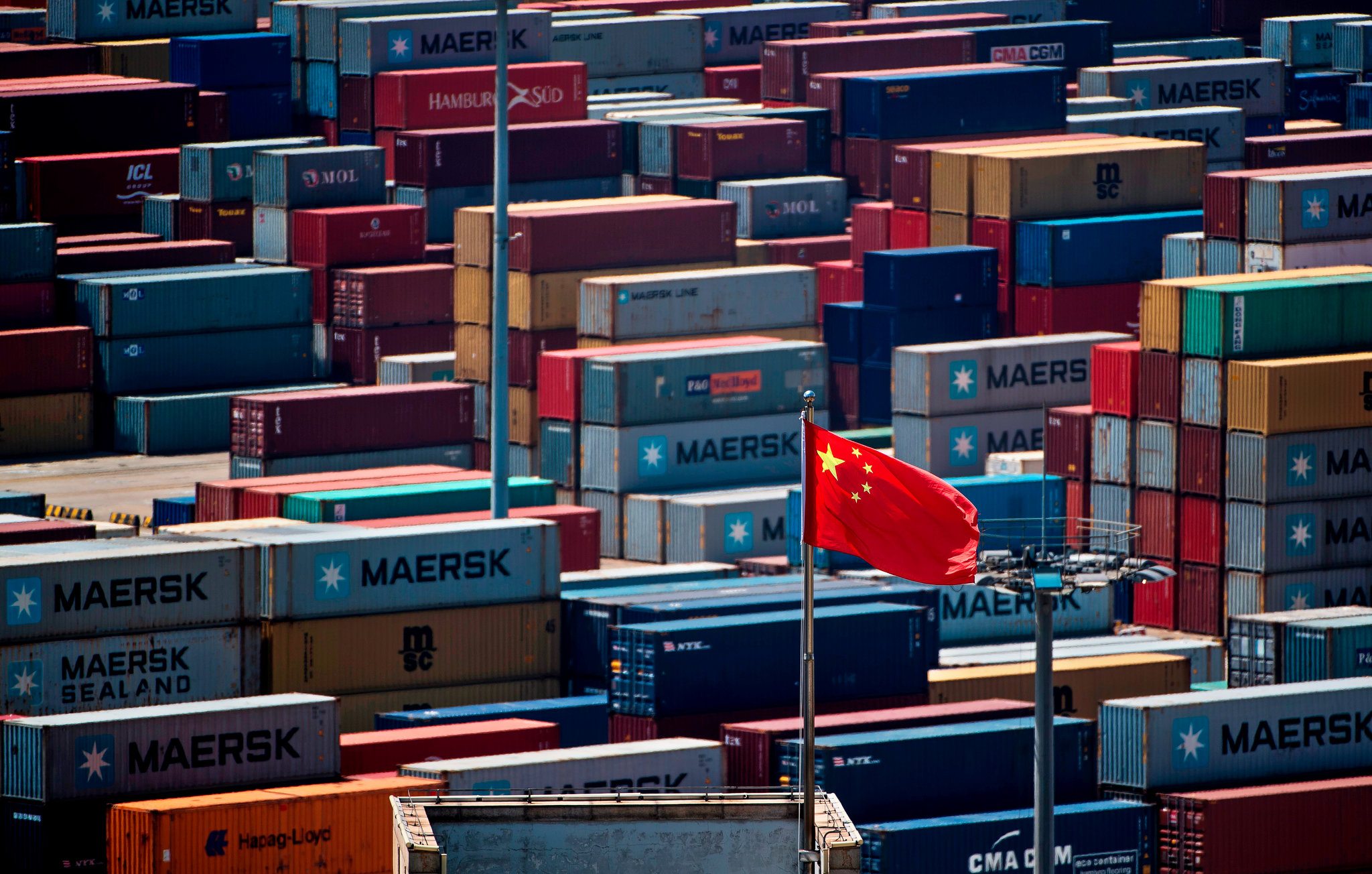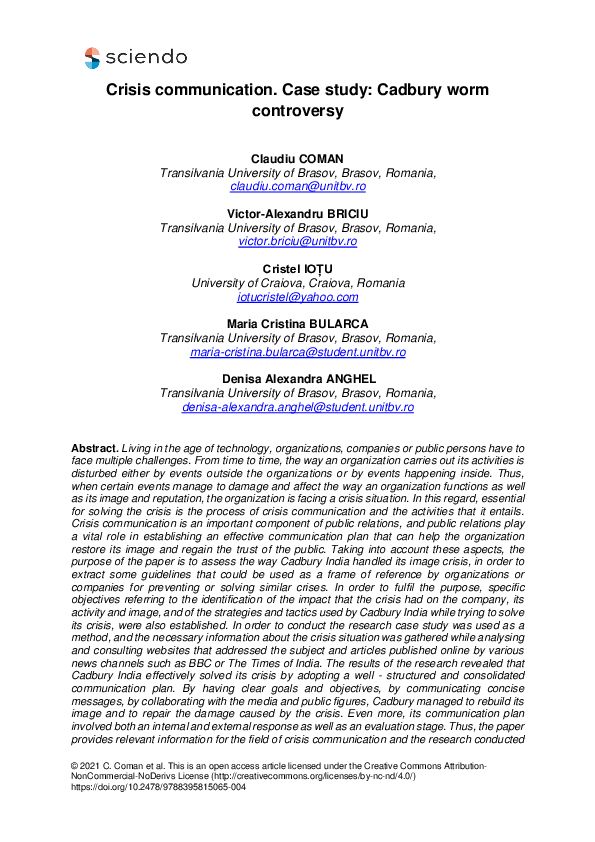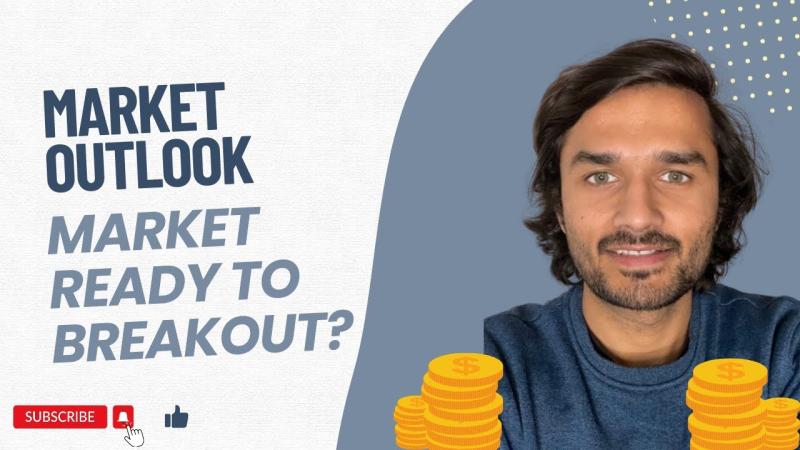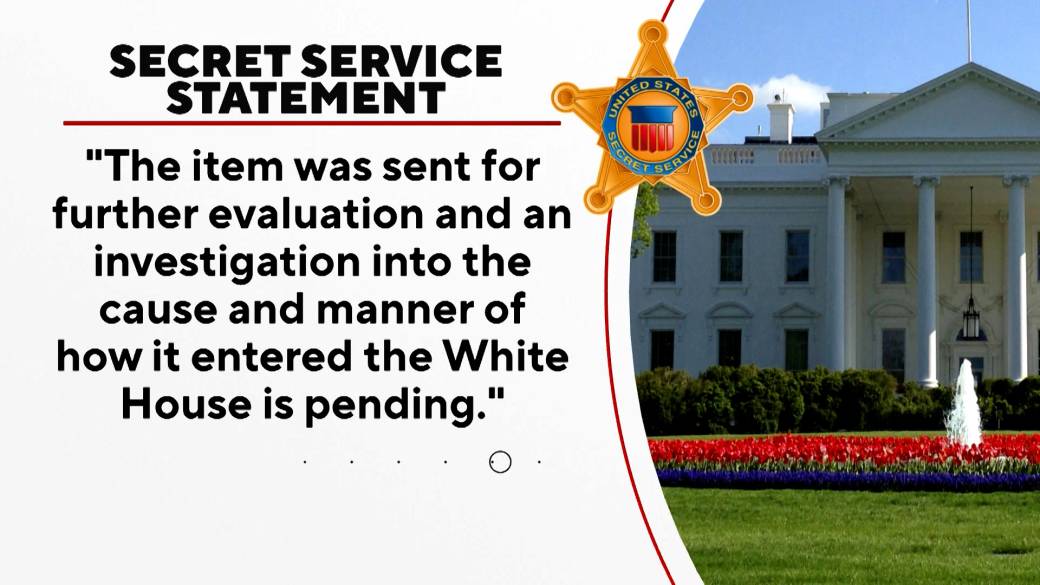A More Global, More Divided Church: Pope Francis' Impact

Table of Contents
Pope Francis' Efforts Towards Global Unity
Pope Francis' papacy has been characterized by a determined push for global unity within the Catholic Church and beyond. This drive manifests in several key areas:
Emphasis on Interfaith Dialogue
Pope Francis has significantly elevated interfaith dialogue, fostering unprecedented engagement with leaders from diverse religious backgrounds.
- Increased engagement with other religious leaders: He has actively sought common ground with figures such as the Dalai Lama, the Grand Imam of Al-Azhar, and numerous other religious leaders.
- Promotion of interreligious understanding: His consistent messaging emphasizes mutual respect and collaboration, highlighting shared values and goals.
- Participation in global peace initiatives: He has been a vocal advocate for peace and reconciliation, participating in numerous international initiatives to address conflict and promote justice.
- Fostering collaboration on social justice issues: Pope Francis has consistently stressed the importance of working together across religious lines to address pressing global challenges like poverty, climate change, and human rights violations.
For example, his meetings with the Grand Imam of Al-Azhar have resulted in joint declarations promoting religious tolerance and mutual understanding, significantly impacting interfaith relations worldwide. His consistent engagement with diverse religious leaders demonstrates a commitment to building bridges and fostering a spirit of cooperation.
Missionary Zeal and Evangelization
A key aspect of Pope Francis' impact is his renewed emphasis on missionary activity and evangelization.
- Focus on the peripheries: He has repeatedly stressed the importance of reaching out to marginalized communities, those often overlooked by traditional church structures.
- Emphasis on missionary activity in developing nations: He has championed the work of missionaries in impoverished regions, providing them with support and resources.
- Support for local churches: He encourages the autonomy and growth of local churches, allowing them to adapt their ministries to their specific cultural contexts.
- Promotion of inculturation in diverse cultural contexts: Pope Francis advocates for the integration of the Gospel message into various cultures, recognizing the richness and diversity of local traditions.
His numerous apostolic journeys, particularly to regions often considered "peripheries," underscore this commitment. These trips aren't mere symbolic gestures; they represent tangible support for local communities and a commitment to understanding their unique challenges.
Reform of the Curia and Governance
Pope Francis has undertaken significant reforms within the Vatican Curia, aiming for greater efficiency and accountability.
- Efforts to streamline Vatican bureaucracy: He has actively worked to reduce bureaucratic red tape and improve the overall functionality of the Vatican administration.
- Increased transparency and accountability: He has emphasized the importance of transparency and accountability within the Church hierarchy.
- Appointments of reform-minded cardinals: He has appointed numerous cardinals known for their progressive views and commitment to reform.
- Focus on decentralization of power: He aims to distribute power more evenly, empowering local churches and reducing the concentration of authority in Rome.
While these reforms have faced resistance, they represent a serious attempt to modernize the Church's governance structure and foster greater global unity by reducing the perceived dominance of the Roman Curia.
Sources of Division and Conflict During Pope Francis' Papacy
Despite his efforts, Pope Francis' papacy has also been marked by significant internal divisions.
Controversies Surrounding Doctrinal Issues
Several doctrinal issues have fueled conflict and polarization within the Church.
- Debate on Communion for the divorced and remarried: This issue has sparked intense debate, with differing interpretations of Church teaching on marriage and sacrament.
- Discussions on LGBTQ+ issues: Pope Francis' approach to LGBTQ+ issues has been nuanced and has generated both support and opposition.
- Differing interpretations of Church teachings on various social and moral issues: Disagreements on issues such as abortion, euthanasia, and capital punishment continue to divide the Church.
These debates often highlight fundamental disagreements about the interpretation of Catholic doctrine and the Church’s role in contemporary society.
Conservatives vs. Progressives
A significant source of division stems from the ongoing tension between conservative and progressive factions within the Church.
- Clash of ideologies within the Church hierarchy: This conflict is evident in debates over liturgical practices, theological interpretations, and approaches to social issues.
- Disagreements on the direction of the Church's future: Differing visions for the future direction of the Catholic Church fuel ongoing tensions and conflicts.
- Tensions between traditionalists and those advocating for reform: This ideological divide has resulted in open dissent and public disagreements among Church leaders.
This clash of ideologies has manifested in public statements, publications, and even organized resistance to some of Pope Francis' reforms.
Challenges to Papal Authority
Some segments within the Church have openly challenged Pope Francis’ authority.
- Open dissent from Church leaders: Some prominent figures have publicly expressed disagreement with papal pronouncements, undermining his authority.
- Criticism of papal pronouncements: Pope Francis’ teachings on various issues have been met with criticism and resistance from conservative elements.
- Questioning of the Pope's authority on certain matters: The legitimacy of papal authority has been questioned in specific instances.
- Formation of dissenting groups: Groups actively opposed to Pope Francis' policies and reforms have emerged, further fragmenting the Church.
This open dissent challenges not only Pope Francis’ leadership but also the traditional structure of authority within the Catholic Church.
Assessing the Long-Term Impact of Pope Francis' Papacy
The long-term impact of Pope Francis' papacy is still unfolding, but some trends are becoming clear.
Legacy of Inclusivity and Social Justice
Pope Francis' emphasis on social justice and inclusivity will likely shape the Church's identity for generations.
- Impact on the Church's image in the modern world: His emphasis on these values has significantly impacted the perception of the Catholic Church in the 21st century.
- Influence on Catholic social teaching: His pontificate has had a profound effect on Catholic social teaching, emphasizing the dignity of all people and the need for social justice.
- Increased focus on environmental concerns and economic inequality: Pope Francis has made environmental stewardship and addressing economic inequality central to his papacy.
His focus on the "peripheries" and his outspoken advocacy for the marginalized are likely to leave a lasting mark on Catholic social teaching and practice.
The Future of the Catholic Church
The future of the Catholic Church will be heavily influenced by the legacy of Pope Francis.
- Potential for reconciliation and unity: His efforts towards inclusivity may eventually lead to greater reconciliation and unity within the Church.
- Possibility of further division and schism: However, the persistent internal divisions may also lead to further fragmentation and potential schism.
- The role of future popes in navigating the challenges faced by the Church: Future popes will need to address the challenges and complexities left by Pope Francis' tenure.
The long-term impact will depend heavily on how the Church navigates the ongoing tensions and addresses the complex issues raised during his papacy.
Conclusion
Pope Francis' impact on the Catholic Church is profound and multifaceted. His efforts to foster global unity through interfaith dialogue and missionary work are significant achievements. However, his papacy has also been characterized by internal divisions stemming from doctrinal controversies and challenges to his authority. The long-term effects of his actions will continue to shape the Catholic Church for years to come. Further study of Pope Francis' impact, including analyzing his specific pronouncements and their reception within different segments of the Church, is vital for comprehending the evolving landscape of Catholicism. Understanding Pope Francis' impact is crucial for anyone seeking to understand the future of the global Catholic Church.

Featured Posts
-
 The Impact Of Us Tariffs Chinas Increased Reliance On Middle Eastern Lpg
Apr 24, 2025
The Impact Of Us Tariffs Chinas Increased Reliance On Middle Eastern Lpg
Apr 24, 2025 -
 Hegseths Actions A Case Study In Political Communication And Controversy
Apr 24, 2025
Hegseths Actions A Case Study In Political Communication And Controversy
Apr 24, 2025 -
 John Travolta Speaks Out After Private Bedroom Photo Surfaces Online
Apr 24, 2025
John Travolta Speaks Out After Private Bedroom Photo Surfaces Online
Apr 24, 2025 -
 Understanding The India Market Rally A Deep Dive Into Niftys Performance
Apr 24, 2025
Understanding The India Market Rally A Deep Dive Into Niftys Performance
Apr 24, 2025 -
 Cocaine Found At White House Secret Service Investigation Complete
Apr 24, 2025
Cocaine Found At White House Secret Service Investigation Complete
Apr 24, 2025
